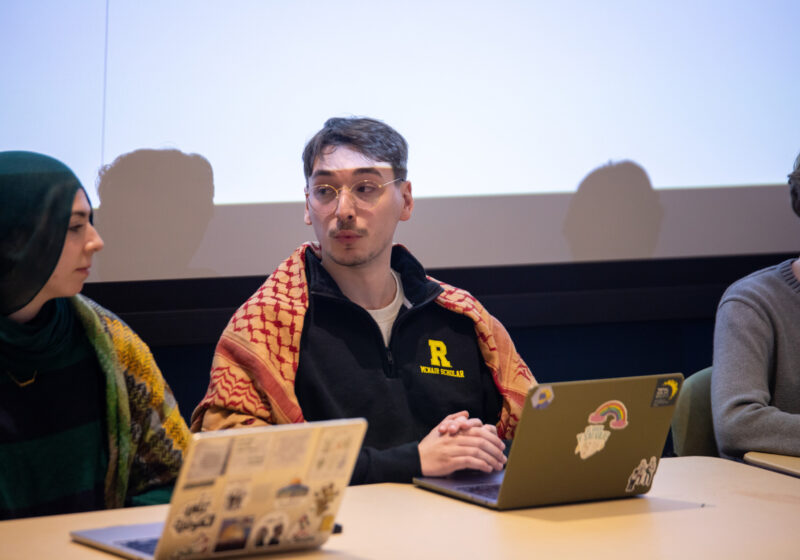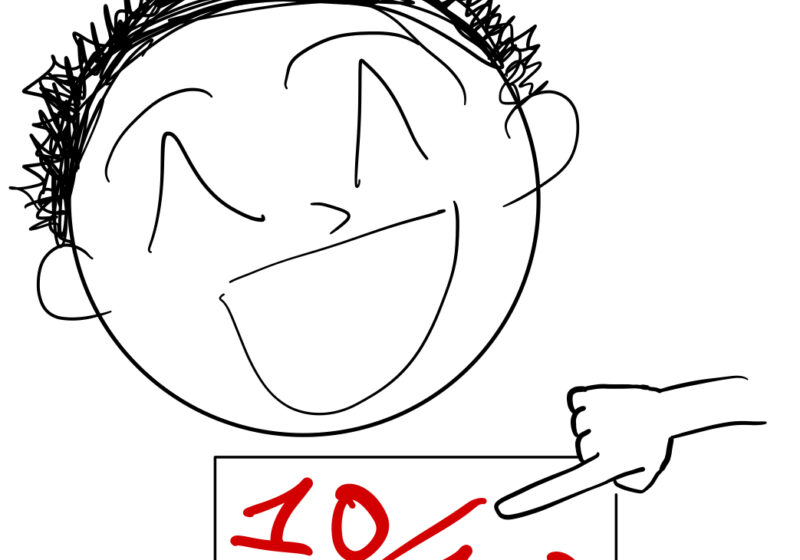With the Nov. 13 attacks in Paris prompting an international outpouring of support, juniors Ibrahim Mohammad, a Palestinian refugee, and Omar Soufan, who left Syria for the U.S. in 2012, reflected on the differences between responses to the attacks in Paris and attacks in Lebanon, Kenya and Syria.
Calling the attacks in Paris a tragedy and “a shock to the world,” Mohammad said, “First, I understand why it’s covered more. I feel that France is more related to the Western nations.”
He added that he’s truly in favor of the support that’s been given to the French people. However, seeing the response on social media, which included hashtags on Twitter, Instagram posts and special filters on Facebook and Snapchat, saddened him.
“I’ve never seen that for Syria, for Iraq or for Lebanon. And, it happened literally one day before,” he said. “If you ask anyone about what happened in France, they seem to know. If you ask them about anything else, very few know. It makes me feel that we’re some sort of second-level human beings.”
One of the suicide bombings in Beirut on Nov. 12 was near the refugee camp Mohammad came from, taking the lives of three of his friends. He said that despite having similar experiences in the past, this attack came as a surprise since “this kind of thing hasn’t occurred for a while.” But, he added, as someone who spent nearly all of his life in a refugee camp, “It’s not something that is new.”
“I think people here subconsciously built up in their minds that if anything bad happens in the Middle East, it’s expected and it’s the norm,” he said, “while if something happens in Europe, it’s just the shock.”
“We’re all humans,” Mohammed continued. “It makes me really sad because I lost three of my friends and they’re humans too. Their lives are worth something, but you don’t see anyone talking about them or caring as much, and 44 people died.”
Senior Shurouq Hijazi said that the lack of responses to some attacks are “not the media’s fault as much as it is the people’s fault.”
“You don’t hear about it because not enough people share it on Facebook,” she said.
Soufan, who was raised in Syria and born in the U.S., said he understood that people “don’t want to feel the constant pressure that we feel.”
“After a while you get numb to it, but it always affects you, but you don’t react as severely, but it’s always on your mind,” he said, “Is my family OK, is my family not OK. Because it all can change in one second.”
However, Soufan added that it hurt to see the outpouring of support for the attacks in Paris while Syrians were suffering from the ongoing war and receiving negative media coverage. “It made me feel that me and my people are less than others,” he said. “Valuing one [life] over the other is hypocritical of anyone pretending to be human.”
Rather than support, he said, “you see people condemning them instead of feeling sympathetic toward the problem.”
Soufan cited U.S. governors proclaiming their borders closed to Syrian refugees, adding that people unfairly associate all of Syria with the Islamic State (IS), also known as ISIL and ISIS, “so there’s immediate fear and hatred associated.”
“But, people keep forgetting that ISIS forced itself on those people,” Soufan said. “They didn’t welcome them in.”
Junior Sammir Lesage, who spent part of his childhood in Paris and lost a childhood friend in the attacks, said, “There was no religion that organized that, there was no country that organized this. It’s just […] a group of cowards that are very well organized that organized this.”
Mohammad said that he appreciated Sunday night’s vigil as a nice gesture that “shows that there’s still a bit of humanity in that people actually care.” But, “in all the countries they mentioned there, they failed to mention Syria,” he said, an omission that saddened him and Soufan.
Soufan, who had recently spoken with people he knew from the Syrian border, said, “We need hope, and that hope would be represented by people showing us support, just that they care.”



